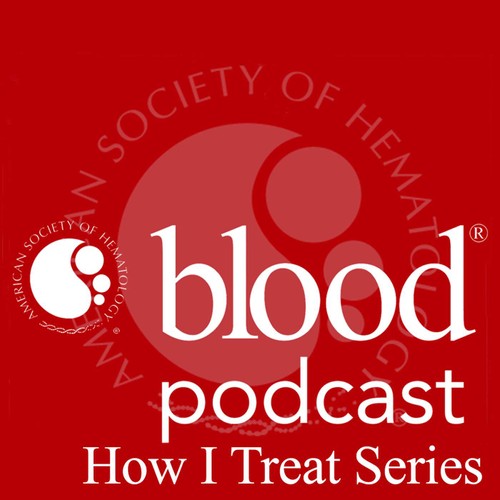
 Blood Podcast
Blood Podcast How I Treat Transfusion Medicine (part 2)
May 22, 2025
Join Dr. Jeannie Callum, an esteemed adult hematologist and professor, along with Dr. Ron George, a leading anesthesiology professor, as they delve into transfusion medicine's complexities. They discuss innovative strategies for managing major hemorrhage and the importance of individualized treatment protocols. Topics include viscoelastic testing and advancements in fibrinogen therapies. Communication among medical teams emerges as vital for effective care, along with recent improvements in antenatal anemia management that have reduced transfusion needs and enhanced patient outcomes.
AI Snips
Chapters
Transcript
Episode notes
Need for Personalized Hemorrhage Care
- Personalized approaches are essential in managing major hemorrhage, varying by the bleeding context like trauma or cardiac surgery.
- Collaborative teamwork and continuous quality review improve patient outcomes in hemorrhage management.
Use Viscoelastic Testing Wisely
- Integrate viscoelastic testing into hemorrhage protocols carefully, as compliance remains a challenge.
- Use viscoelastic tests particularly in obstetric hemorrhage to potentially reduce blood product consumption.
Train and Use Viscoelastic Testing
- Prioritize training and maintaining competence for viscoelastic testing, especially outside cardiac surgery.
- Understand current trial limitations and improve compliance for viscoelastic-guided transfusion in trauma.
